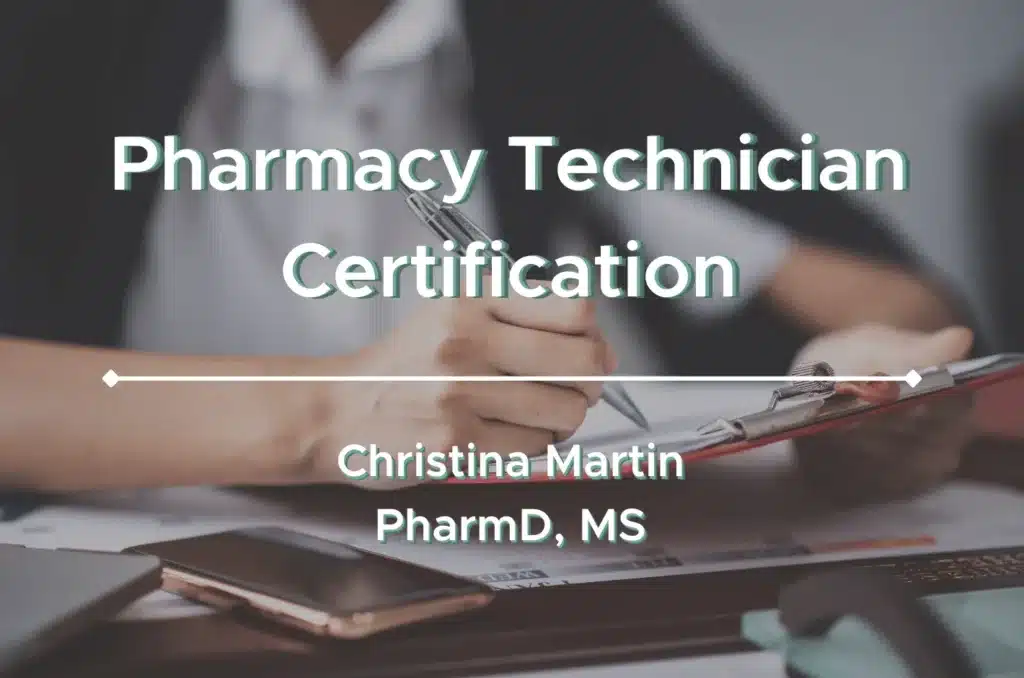Christina Martin, Section Chief – IVAU at the National Institutes of Health, discusses the lack of regulation of pharmacy technicians in most states. As a former PhT, she emphasizes the importance of certification and licensure for pharmacy technicians.
I began my pharmacy career in 2003 as a pharmacy technician for Weis Markets in Lancaster County, PA. My parents encouraged me to work in a pharmacy before I committed to six years of college.
What has always surprised me is the lack of previous experience and/or education required to be a pharmacy technician in Pennsylvania. In a modern period when states require hairdressers to be registered and tax accountants to be certified and licensed, it is amazing that technicians can be hired without any credentials!
The Facts
Seven states currently have no regulation of pharmacy technicians, which means that a sixteen-year-old without a high school diploma could be filling a patient’s prescription for injectable anticoagulants.

The misconception is that all pharmacy technicians are certified; this thought is held by 73 percent of Americans.
As medication regimens become more complex and cost-conscious insurers rely on pharmacists to provide direct patient-care and medication therapy management, pharmacy technicians will continue to be called upon in-keeping pharmacy operations running smoothly.
The number of roles is anticipated to increase 31 percent by 2018 as a response to the redeployment needed to fulfill distributive roles that do not require clinical judgment.
The Pharmacy Technician Certification Board suggests that pharmacy technicians with formal education or training, previous work experience, and national certification will be specifically sought after to meet those demands.
Why is technician certification important?
My interest in was heightened during my pharmacy residency years at the University of Kansas Hospital. As a PGY1 resident, I had the opportunity to take a Health Policy course while working towards my Master’s degree in Pharmacy Practice Management. We were tasked with identifying a “health care issue” and writing a proposal to address (fix) the issue.
I was aware of Emily Jerry’s story and wanted to create awareness of the need to train, register, and certify/license pharmacy technicians in all states. Registration allows the state to track and monitor who is designated as a CPhT.
Certification and licensure show the pre-education through completion of an accredited pharmacy technician training program and passed an extensive competency exam. Requiring regulatory requirements will help ensure that they have the baseline knowledge of the job requirements.
In 2011, Pennsylvania proposed legislation that addressed not only the registration, certification and licensure standards, but also a minimum age and education requirement. Unfortunately, the proposed legislation died early in discussion.
In my lifetime, I hope to see resurgence in both the interest and importance of regulating pharmacy technicians. The uniform credentialing standards will promote health, safety and wellness in our patients!
What do you think?






2 Responses
Great discussion on the disparity amongst states for requirements on working as a pharmacy tech. I find it scary that someone as young as 16 can dispense medicine to the public!
You can find more information on the progress of pharmacy technician certification on the Emily Jerry Foundation website.
You can also access this website from the Resources Page of MedSafetyOnline.org.